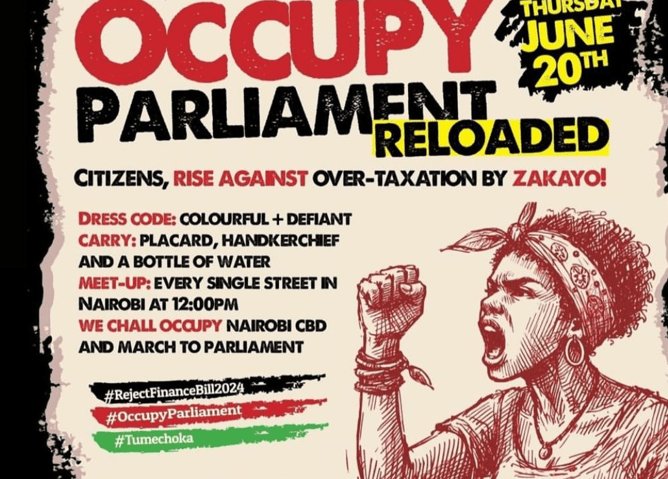How social media is reshaping political interactions
By Macharia Muhoho, June 21, 2024In late 2010, in Tunisia, a fruit vendor named Mohamed Bouazizi immolated himself after authorities seized his cart and weighing scale for operating without a licence. This singular act sparked a wave of unprecedented protests, with citizens flooding the streets to denounce corruption, oppression, and unemployment.
As the protests spread across the country, the government’s brutal crackdown only fuelled the people’s anger and determination. Social media played a crucial role in organising and spreading information, leading to even more widespread demonstrations. The movement eventually culminated in the ousting of President Zine El Abidine Ben Ali, marking the beginning of the Arab Spring.
The events in Tunisia inspired similar uprisings in other countries in the region, showing the power of ordinary citizens to bring about significant change through collective action. Dozens died and many were injured, and this became known as the Jasmine Revolution. Social media unified the revolution.
This week, while pushing to pass the controversial 2024 Finance Bill, Generation Z utilised social media to spread protest messages against the bill. Surprisingly, this movement gained substantial momentum and caught the government off guard.
By not censoring the demonstrations, the pure truths and authentic emotions were able to spread, leading to crucial conversations and a deeper understanding of longstanding issues. The undeniable impact of activism in this digital age was palpable. The use of stones on smartphones surprised both the public and lawmakers.
Individuals from diverse backgrounds came together in solidarity as the protests, initially online, quickly spilt onto the streets. The protest stood out for the strong participation of young people and the peaceful atmosphere, different from typical rallies organised by politicians and led by older youths or ‘gangs’. Rather than using traditional methods like stones and vandalism, anti-government protesters opted for cellphones and themed signs that struck a chord with many.
Before this week’s demonstrations, there was widespread dissatisfaction with the government’s management of the high cost of living. Limited media freedom and restricted organised dissent meant that individuals had few opportunities to voice their grievances and rally for change. Social media revolutionised this scenario, enabling individuals to connect, support reform, and expose the injustices they faced, free from extensive government censorship.
With the advancements in technology, our democracy has become more accessible to a wider range of voices and perspectives. Social media platforms and online forums have provided a space for individuals to engage in political discussions and share their opinions. Hashtags and viral content on social media have the potential to ignite and sustain political activism. They can raise awareness, spark conversations, and drive engagement around important issues, rallying support and influencing public opinion.
This increased diversity has led to a more inclusive and representative democracy, where marginalised groups have a platform to have their voices heard. The transparency brought about by technology has made it easier for citizens to hold their government accountable and ensure that decisions are made in the best interest of the people.
On the contrary, social media users may find themselves in “echo chambers”, where they are solely exposed to opinions that support their own. Increased polarisation and disrespect for differing opinions may result from this. The unfettered dissemination of information on social media can lead to the proliferation of misleading information, which makes it difficult for people to tell the difference between the truth and lies.
— The writer is an Innovations Evangelist and a PhD Candidate; machariamuhoho@gmail.com
More Articles

